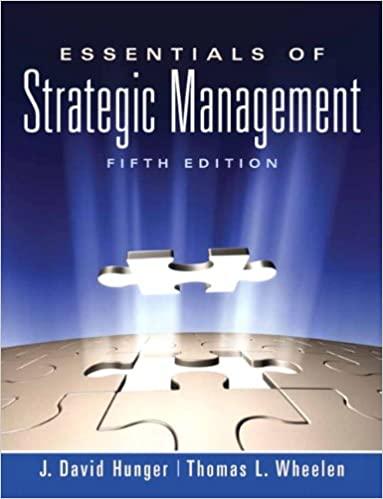Question
Step 3: Being Reasonable with the Responsibilities Lens Part 1Identify Your Duties Now that we've identified the issue and determined the stakeholders, let's start looking
Step 3:Being Reasonablewith the Responsibilities Lens Part 1Identify Your Duties Now that we've identified the issue and determined the stakeholders, let's start looking at the problem through the first ethical perspective, theResponsibilities Lens. People who use theResponsibilities Lensto solve their ethical puzzles use reason to set them in the right direction. Since the time we were children, people have been telling us what "good people" do. Part of the task of becoming an ethical adult is to carefully consider what kind of a person we want to become. Two questions to help you figure out the answer are:
- What should I believe and how should I behave in order to live a life of dignity and self-respect?
- In order to grant to others the same dignity and self-respect that I claim for myself, what should I believe and how should I behave?
We may never fully realize the ideals we embrace, but they set the direction of the quest for people resolving ethical dilemmas using theResponsibilities Lens. As we move from ideals to action, determining the reason for taking an action is critical. People who like to use the perspective of theResponsibilities Lensto guide their decisions believe that the motive we have for acting is the most important indicator of whether or not an action is ethical. For people who use this ethical perspective, the reason for acting is more important than the consequences of their actions. As we become more ethically aware, we think aboutwhya particular behavior should count as an ethical action. From that reflection, we adopt a list of principles that become the basis for our personal code of ethicsfoundational truths that help us decide what action is right. After we define what principles are important to us, we can determine what our dutiesour ethical obligationsare in a particular situation. When our principles are in conflict, we choose options that either will allow us to live into both sets of principles or we choose options that favor the most important principle. One of the reasons that we're able to live in a community is that many people agree on which principles are important. Because we want people who are important to us to see us as ethical, conversations with others also shape our own definitions of what principles are important. We get feedback from people we respect and those both directly and indirectly impacted by our actions as to what behaviors are acceptable as we fulfill our duties. Decision making becomes complex when principles conflict, such as the need to follow company policies and the need to keep one's word to a colleague and friend. Below is a list of duties that you or someone else might say that you should fulfill.Fourof the six statements are actually your responsibility according to the principles that are part of common codes of ethics. A good principle is one that could be reverseda principle you'd accept someone using as a justification for an action against you. For this dilemma, those principles include respect for individuals' autonomy, keeping your word, and being accountable. Considering your role in this situation, check thefour dutiesthat you believe are the most important for you to consider in this situation. Which duties do you owe the stakeholders?
1. To uphold the principle of accountability, you have a duty to take action when a claim of sexual harassment has been made by one of your direct reports. 2. To uphold the principle of respect for autonomy, you have a duty to treat all people with respect and care as you fulfill your responsibilities as a manager. 3. To uphold the principle of honesty, you have a duty to make sure that your employees can access the information they need to protect themselves in the workplace. 4. To uphold the principle of good citizenship, you have a duty to ensure the emotional well-being of your co-workers on the sales team. 5. To uphold the principle of loyalty, you have a duty to protect your colleagues from allegations that could adversely impact their career. 6. To uphold the principle of fidelity, you have a duty to keep Gayle's confidence once you make a promise to do so.
Step by Step Solution
There are 3 Steps involved in it
Step: 1

Get Instant Access to Expert-Tailored Solutions
See step-by-step solutions with expert insights and AI powered tools for academic success
Step: 2

Step: 3

Ace Your Homework with AI
Get the answers you need in no time with our AI-driven, step-by-step assistance
Get Started


